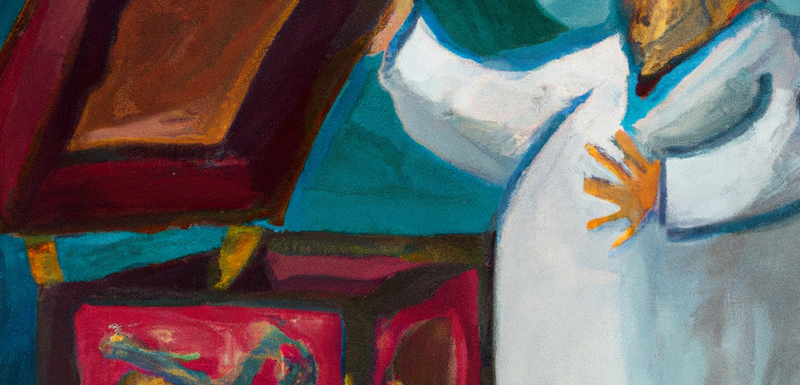New Parenting App Reduced Child Emotional Difficulties During the COVID-19 Pandemic
Source: freepik.com Copyright: Drazen Zigic Source image URL: https://tinyurl.com/4pwtcb7k License: Licensed by JMIR New research finds a novel parenting smartphone app, developed by researchers at the Institute of Psychiatry, Psychology & Neuroscience (IoPPN) at King’s College London and South London, and Maudsley NHS Foundation Trust, reduced child emotional problems during the COVID-19 pandemic. The app, Parent Positive, was designed specifically to support parents during COVID-19 lockdowns. It provides evidence-based online resources, advice on common parenting challenges, and access to expert support. Published in the Journal of Medical Internet Research, the Supporting Parents And Kids Through Lockdown Experiences (SPARKLE) trial—a collaboration between King’s College and the University of Oxford—investigatedRead More →




